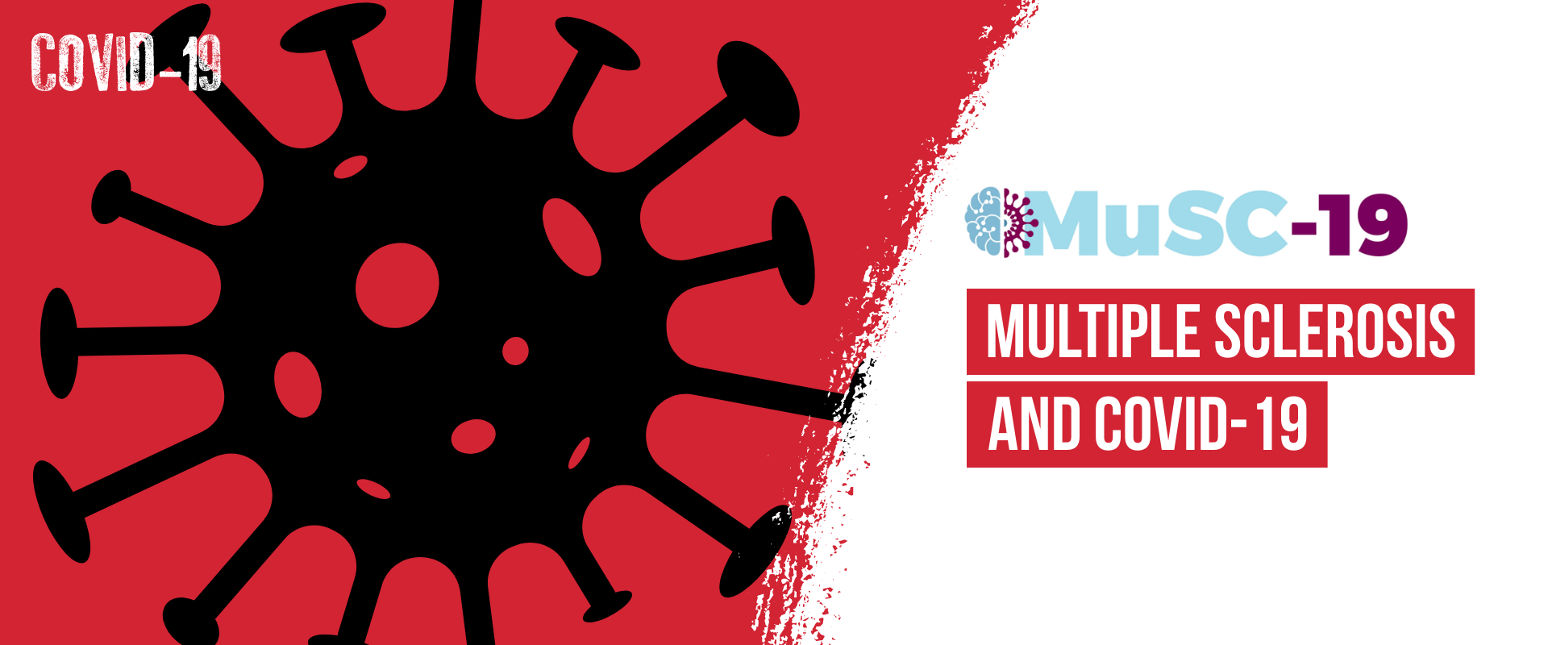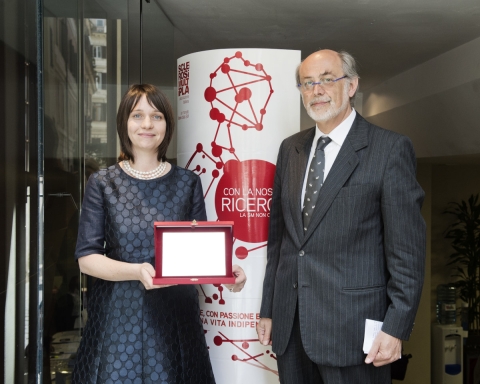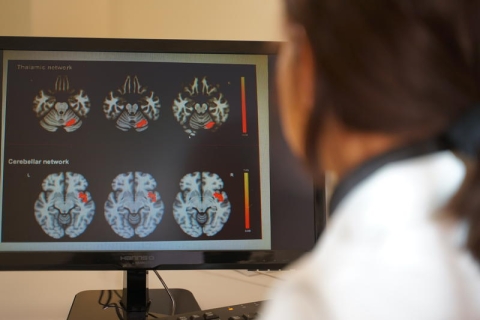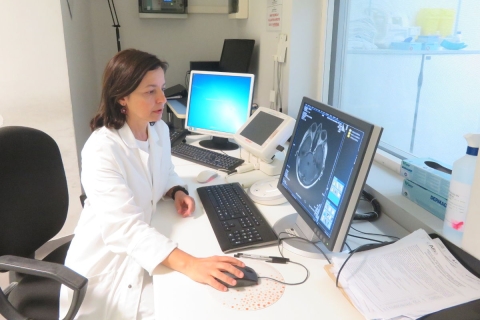The first and most far-reaching observational research in the world on, presented in April 2020, in the midst of the first phase of the pandemic, continues to go ahead. As the number of people analysed increases (about 1,800 subjects and 114 participating centres), so does the data to better understand the impact of the Sars-Cov-2 infection on people with multiple sclerosis, the therapies they take and the clinical decisions to manage a chronic and degenerating pathology.
The latest research data, which at the time of publication counted about 850 patients (published in Annals of Neurology), has confirmed that there is an acceptable safety level for multiple sclerosis therapies, as suggested by the first paper published in Lancet Neurology. However, a number of differences between therapies has now emerged. This data makes it possible to define with more accuracy, the relationship between the risk of not following a proper treatment for multiple sclerosis and a therapy that could lower the immune response.
This research has provided solid data, therefore reducing clinical uncertainty and subsequently the worries of people with multiple sclerosis when faced with therapeutic decisions. A number of specific risk factors have emerged which have been analysed in detail (see Research Data).
At the moment, it is critical that data collection and the extraordinary collaboration between multiple sclerosis centres continues to assess the impact of therapies on vaccine efficacy. Furthermore, having clarified the risk of Covid-19 for people with multiple sclerosis, it will be important to understand the short, medium and long term impact of SARS-CoV-2 on multiple sclerosis. As mentioned by Prof. Marco Salvetti from Università Sapienza, Ospedale Sant’Andrea, in Rome: “this research underlines yet again the ability of Italian multiple sclerosis centres network to collaborate with each other and FISM on a high scientific level. This makes it possible to provide rapid responses which are no less reliable, even in situations of great difficulty, such as the one created by the pandemic. Now the aim is to make an extra effort, thanks to national collaboration, to take a positive turn and “exploit” this situation to better-understand the causes of multiple sclerosis.”
“The goal of the MuSC-19 international initiative is to provide data to contribute towards defining a medium and long term strategy for people with MS in the various phases of this pandemic, with particular regard for the various therapies adopted. Furthermore, the information from this research could also be useful for other pathologies”, states Mario Alberto Battaglia Chairman of FISM Italian Foundation for Multiple Sclerosis.
Research data
Clinical and demographic data on people with multiple sclerosis was retrospectively obtained from 85 Italian MS centers and covers 844 people with MS and COVID-19 symptoms. The cohort includes confirmed Covid-19 cases, with a positive test, and suspected Covid-19 cases that have symptoms strongly linked to Covid-19 and/or have contact with a positive case in the 14 days prior to the appearance of symptoms. “One comforting point”, comments Prof. Maria Pia Sormani from University of Genova, who manages the MuSC-19 platform “is that there are no alarming signals. Out of 844 patients, 708 (that is 84%) had mild symptoms. Patients who were admitted to hospital and suffered from a more aggressive form of the disease have similar characteristics to seriously ill patients from the healthy population: older, male, high disability. These results underline the importance of applying careful prevention strategies during this pandemic for people with a high degree of disability and over 60 years old”. A tendency to develop more serious forms of Covid-19 was observed in people with multiple sclerosis taking B lymphocyte cell depletion therapies or cortisone therapies initiated just before the onset of symptoms. On the other hand, in accordance with the available literature about Covid-19, there is a possibility that interferon therapy can provide a certain degree of protection. The data acquired during the second wave of the pandemic will help to clear this aspect.
Among the patients analysed, there were 13 deaths (1.5%) of which 11 were suffering from an advanced form of the illness and 8 were not taking any therapy. Thirty eight (4.5%) were admitted to an intensive care or sub-intensive care unit, 99 (11.7%) had radiologically documented pneumonia and 96 (11.4%) were admitted to non-intensive care wards.
The Multiple Sclerosis and COVID-19 platform, MuSC-19, is an international data collection project, linked to the Italian Multiple Sclerosis Register. It is a call to all countries in the world (among European countries, Italy was the first to be hit by the Covid-19 infection) to promptly respond to the need to collect clinical data about people with MS who have developed COVID-19 or associated symptoms (suspected COVID-19).
Reference
Title: Disease modifying therapies and Covid-19 severity in Multiple Sclerosis
Authors: Maria Pia Sormani, Nicola De Rossi, Irene Schiavetti, Luca Carmisciano, Cinzia Cordioli, Lucia Moiola, Marta Radaelli, Paolo Immovilli, Marco Capobianco, Maria Trojano, Paola Zaratin, Gioacchino Tedeschi, Giancarlo Comi, Mario Alberto Battaglia, Francesco Patti, Marco Salvetti, Musc-19 study group.
Magazine: Ann Neurol. 2021 Jan 21
Doi: 10.1002/ana.26028. Online ahead of print











